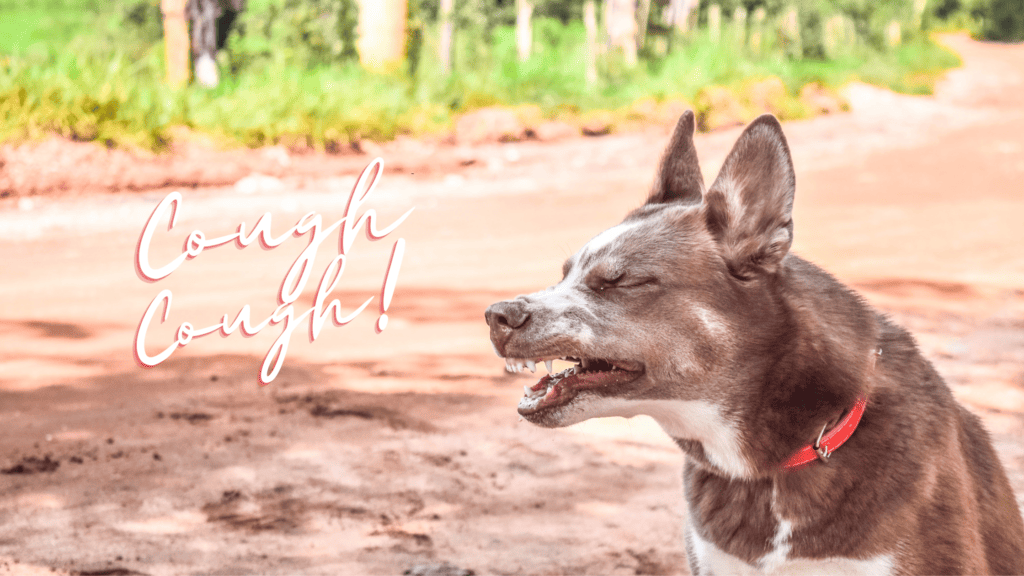
What is kennel cough?
Kennel cough is a highly contagious respiratory disease. Dogs commonly contract kennel cough at places where large numbers of dogs are together, such as boarding and daycare facilities, dog parks, training groups, and dog shows. This disease can be spread through airborne droplets, direct contact (such as their noses touching each other), or contaminated surfaces (including food and water bowls). Kennel cough can be treated in most dogs, but can be more severe in puppies younger than six months and also immunocompromised dogs.
What causes kennel cough?
This infection can be caused by several viruses and bacteria, including adenovirus type-2 , parainfluenza virus, canine coronavirus, and the bacterium Bordetella bronchiseptica. Kennel cough is referred to as canine infectious respiratory disease complex (CIRDC) because it can be caused by many pathogens at once.
Symptoms of kennel cough include:
- a strong cough, often with a “honking” sound – this is the most obvious symptom
- runny nose
- sneezing
- lethargy
- loss of appetite
- low fever
How to treat it:
Mild cases of kennel cough can be treated with a week or two of rest. A vet may prescribe antibiotics to prevent a secondary infection as well as cough medication.
A vaccine is available for the bordetella bacterium, which is the most common agent to cause kennel cough. Dogs that are always around large groups of canines may benefit from this vaccine, and it is usually recommended for social dogs. The vaccine is available in oral, intranasal, and injectable forms, and depending on the form, it is usually initially given in two doses two to four weeks apart, followed by a booster every six months to a year.
Some remedies to make your dog feel more comfortable:
- Use a harness rather than a collar and lead for walking because this will reduce irritation to the windpipe.
- Provide a quiet, warm space for your dog to rest.
- Run a humidifier to help moisten your dog’s air passages.
- Wipe any discharge from your dog’s eyes and nose with a warm, damp towel.
- Make sure your dog is in a clean, well-ventilated area.
- Quarantine your dog from other dogs to avoid spreading the illness.
Dogs recovering should be kept away from other dogs for two weeks after symptoms disappear.
Can humans catch kennel cough?
It is rare for humans to contract it, but if the bordetella bronchiseptica bacteria caused the strain of kennel cough, people with compromised immune systems may need to take extra precautions. This includes people with HIV, cancer, and other chronically ill people. Cats can get kennel cough too, especially those in rescue organizations and breeding establishments. Cats kept as pets or in small groups are far less prone to kennel cough.

A founding member of the Equipaws family, Frankie can mostly be found working behind the scenes, helping co-create online branding, managing several social media accounts, designing brand collateral, writing copy, and managing events. She also fills in for pet sitters and dog walkers when needed in Palmetto Bay, Pinecrest, and South Miami. Her own small pack consists of Boots the Shih Tzu mix and Nutmeg the Chiweenie.

